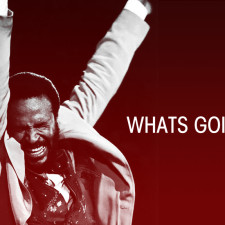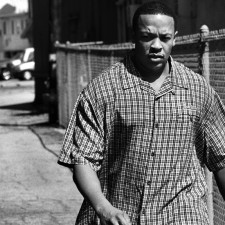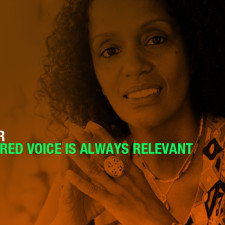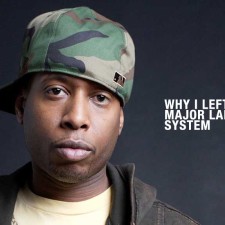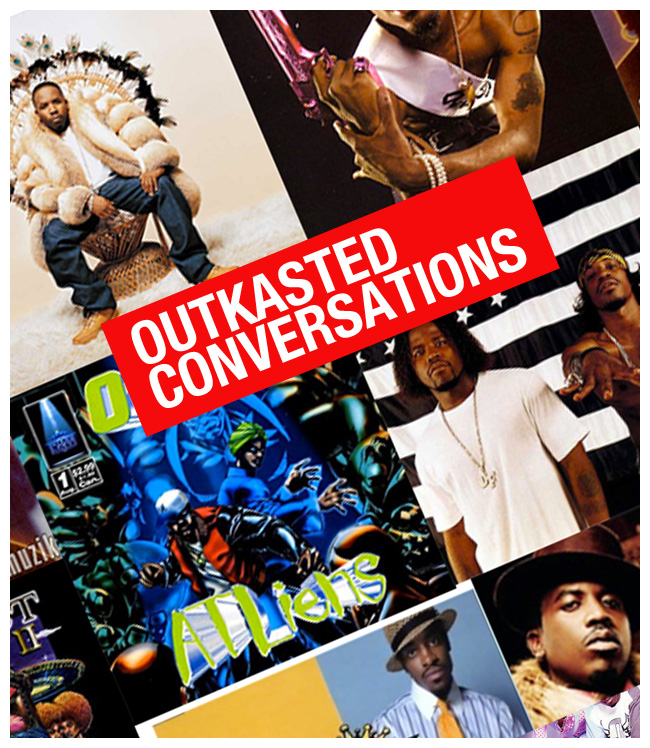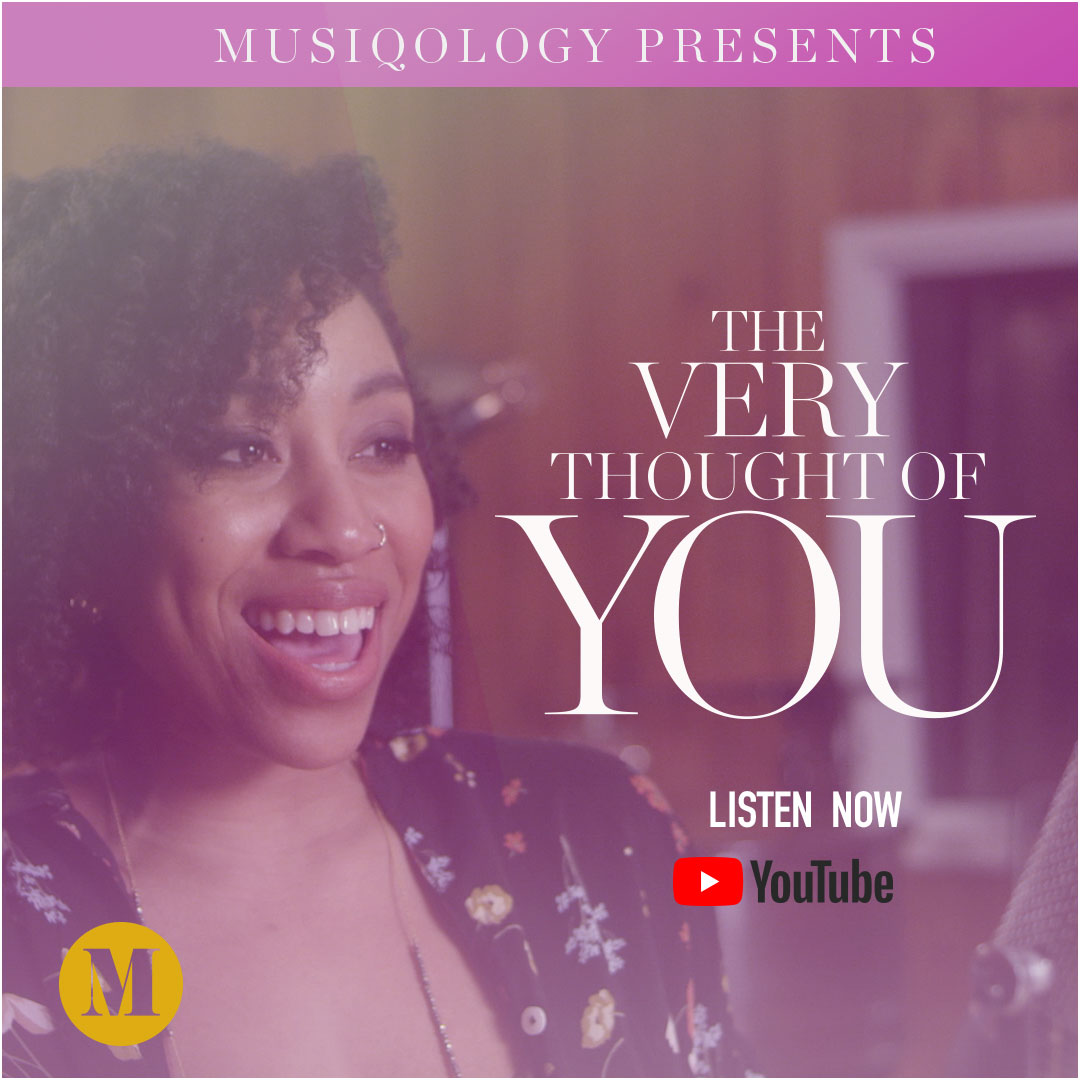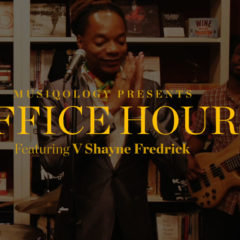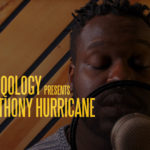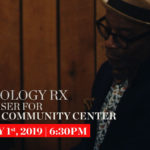Recently Penn Magazine sat down with Guthrie Ramsey to discuss the box office smash hit, Straight Outta Compton. The conversation covered everything from the Reaganomics to the halo effect of memoirs.
Check out our excerpt here and then read the full interview over at Penn Mag.
Blake Cole: N.W.A is famous for its raw lyricism that often tackles subjects like police violence against minorities. What kind of impact has the group had on free speech, censorship, and social reform?
Guthrie Ramsey: I think context has a lot to do with how powerfully we experienced it. It wasn’t made in a vacuum. It was all part of a larger kind of sense of unrest in the sociopolitical lives of Americans brought on by Reaganomics and other larger instances of inequality. So if you start making songs like that at a particular moment, it’s going to have a kind of resonance. And as we see now, people are still claiming that for themselves. What I find most interesting, however, is that this idea of questioning or speaking back to authority is only one of the ways that everybody gets their underwear in a bunch about things in hip-hop, because sex has been as equally provocative in this case. So you have questioning political authority, and then you have the themes and topics of sex in songs, which is also kind of forbidden territory. It was only one of the ways hip-hop began to be a subversive wing of pop music culture like rock n roll.
BC: What about detractors who say N.W.A’s lyrics encourage violence?
GR: I think the violence that was both reported and supposedly reported in hip-hop lyrics, is a very complicated matter because, if you go to Hollywood films, there’s a certain amount of violence that one is accustomed to and in fact expects from these films. And no one accuses Tom Cruise or 007, as fictional protagonists, of creating violence or encouraging violence. There’s something about the protagonist in popular songs, particularly when young black people are performing them, that real life experience and artistic invention get collapsed and seem more dangerous than it would be, say, in a horror film or whatever.
So, I think that’s specific to pop songs and popular culture in general. For instance, no one goes to a soap opera actress and believes that they’re breaking up marriages in their real life. And also the perception of the larger culture is that these people are violent anyway, so they must be singing about who they believe they are in the world. So it’s very complicated. You almost have to go song by song, artist by artist, to get to the bottom of what’s going on, what culture transaction is going on between the musical object and the listening audience.
Tags: Hip-Hop, Penn Mag, Penn Magazine, Pop Culture, straight outta compton

 Share On Facebook
Share On Facebook Tweet It
Tweet It

